Keywords: Australian Church
There are more than 200 results, only the first 200 are displayed here.
-
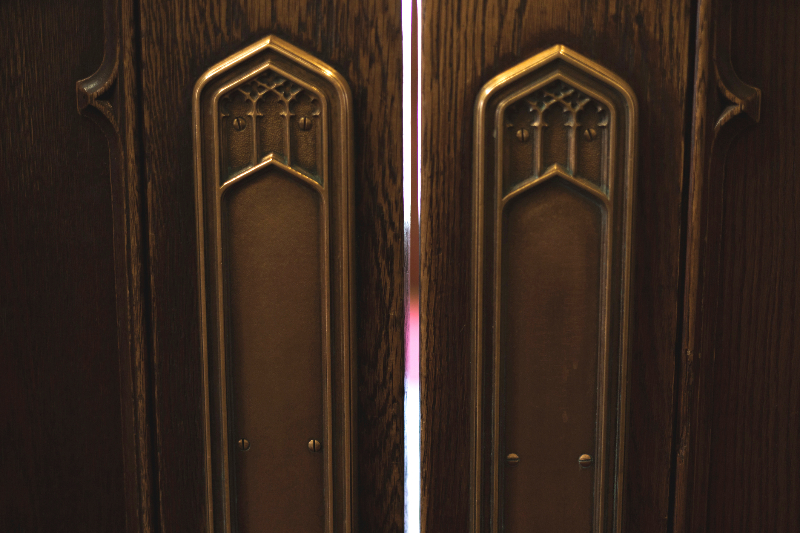
RELIGION
- John Warhurst
- 05 April 2022
19 Comments
The 280 Plenary Council (PC) Members have just taken another major step towards the Second Assembly in Sydney on 3-9 July. Yet it is difficult to have a proper public conversation about this step because it has taken place behind closed doors. Towards the Second Assembly comes a long way under the guidance of the four writing groups, whose membership has not been made public. Though it is a mixed bag, it is probably the best document emerging from the PC, making it even more frustrating that it is not in the public domain.
READ MORE 
-

RELIGION
- Andrew Hamilton
- 24 March 2022
10 Comments
Any program of church reform will have soon to ask Chernyshevsky’s question, What is to be done? It is a dangerous question — he wrote his novel from jail and spent much of his life in exile or imprisonment. Discussion of Church matters is mercifully less perilous today, but the question does invite a radical repiecing of the connections and tradition and energies that constitute Catholic life.
READ MORE 
-
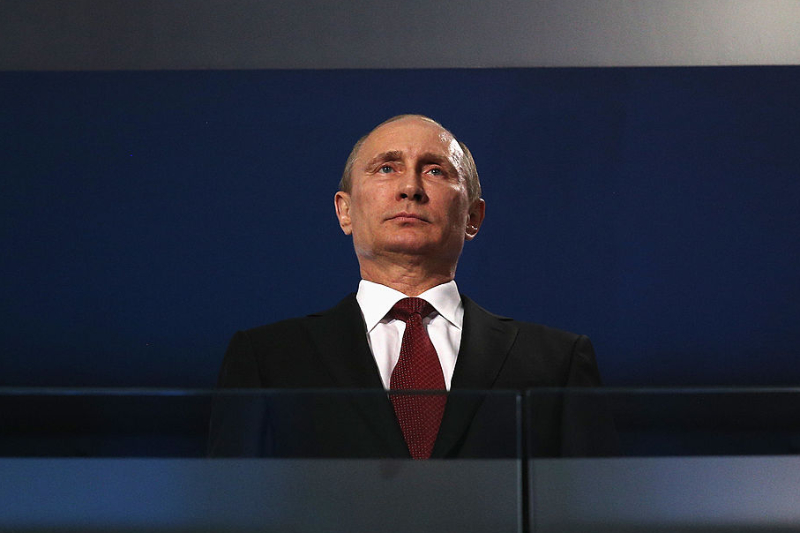
INTERNATIONAL
- Joel Hodge
- 25 February 2022
28 Comments
President Putin of Russia has embarked on an unprecedented military campaign in Ukraine without direct provocation or justification. In the West, there is a feeling of disbelief and confusion. How can Putin do this? And how can the Russian people accept this invasion?
READ MORE 
-
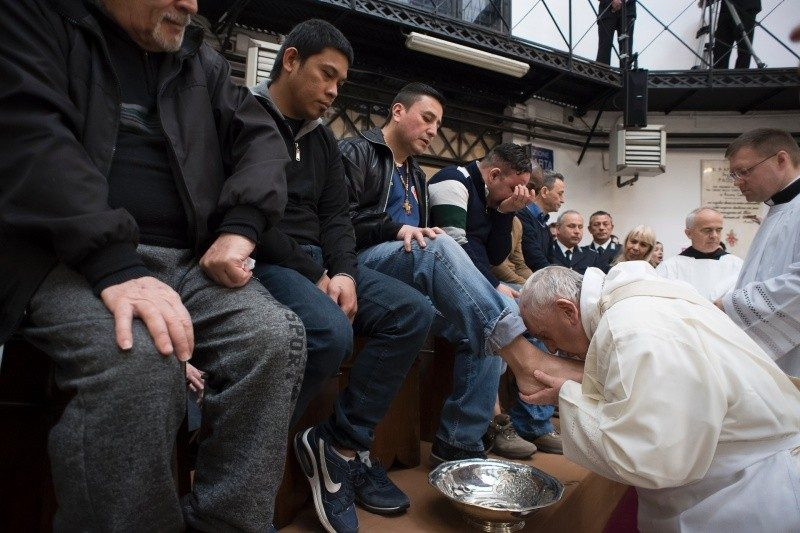
RELIGION
- Anne Benjamin
- 24 February 2022
25 Comments
The call to synodality is a call to convert, reform and renew the church’s organisational culture. New cultures do not emerge automatically. It is not about turning upside down the present pyramid structure of the church with a clerical hierarchy at the top and the faithful on the bottom. The church is not a political democracy, but a ‘holy people’ whose mission is to make God and Jesus present and, in a sense, visible to our world.
READ MORE 
-
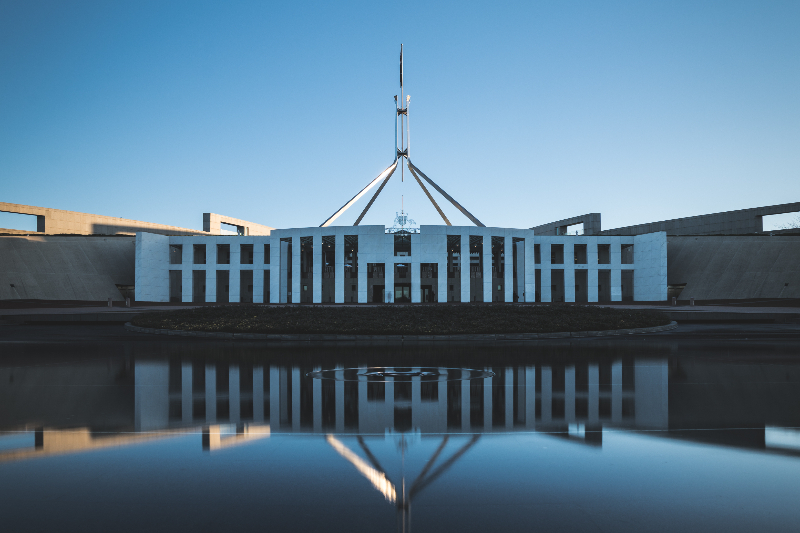
AUSTRALIA
- Frank Brennan
- 22 February 2022
42 Comments
In recent days, if you were to listen to the media reports, you could be forgiven for thinking that religious educators want to retain a right to exclude children or teachers from their schools on the basis of their gender or sexual orientation. Nothing could be further from the truth. Or nothing should be further from the truth.
READ MORE 
-

AUSTRALIA
- Frank Brennan
- 22 February 2022
1 Comment
In recent days, if you were to listen to the media reports, you could be forgiven for thinking that religious educators want to retain a right to exclude children or teachers from their schools on the basis of their gender or sexual orientation. Nothing could be further from the truth. Or nothing should be further from the truth.
READ MORE
-
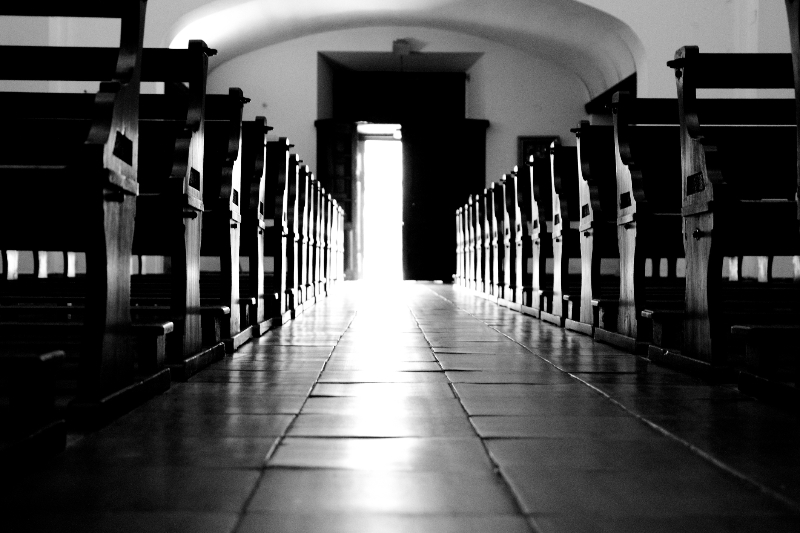
RELIGION
- John Warhurst
- 10 February 2022
37 Comments
The Church in Australia has taken a step towards greater transparency with the release by the Australian Catholic Bishops Conference (ACBC) of its first ever Annual Report-this one for the 2020 year. This step is welcome, but there is more to be done. Synodality and co-responsibility presumes that those who are walking together have equal access to information upon which to discern the future of the Church at all levels.
READ MORE 
-

RELIGION
- Jānis (John) T. Ozoliņš
- 03 February 2022
40 Comments
As if the Covid-19 pandemic has not been testing enough, modern life has never seemed more difficult than it does at present. We are bombarded on all sides by masses of information, misinformation, expert opinions, and the relentless, strident voices of social media browbeating us into accepting the dogmatic conclusions of leading influencers.
READ MORE 
-
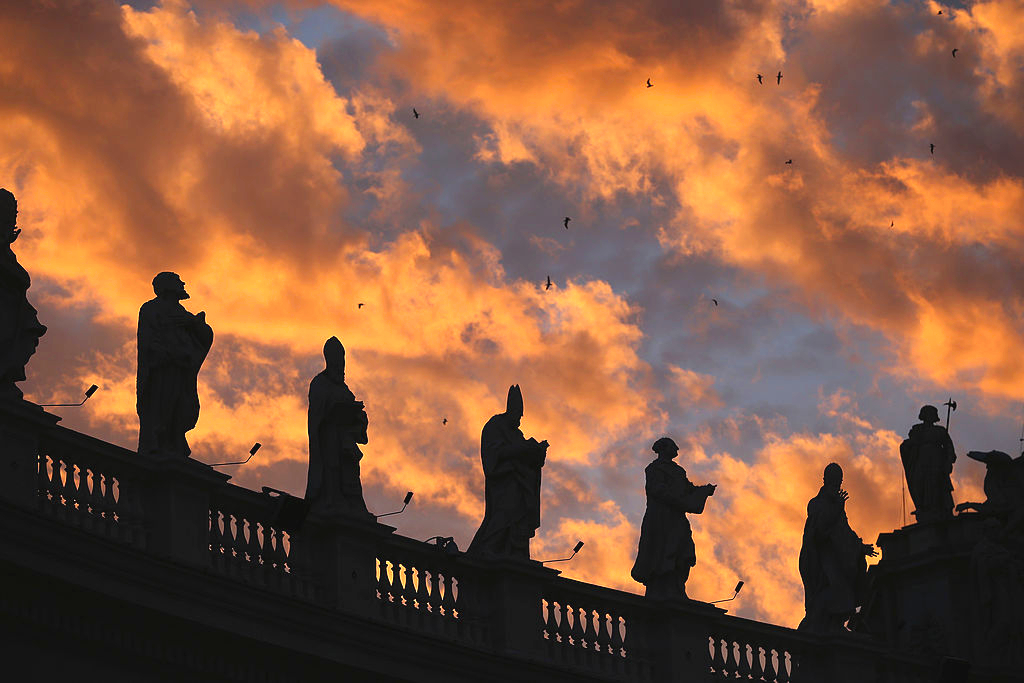
RELIGION
- Miles Pattenden
- 27 January 2022
31 Comments
Many Catholics will have found the news from Germany this past week painful. A law firm, Westpfahl Spilker Wastl, has presented findings in its investigation into historic sexual abuse in the Munich archdiocese. Running to 1,000 pages, the report is shocking: it lists at least 497 victims for the period 1945–2019 and identifies 235 probable offenders including 173 priests and nine deacons.
READ MORE 
-
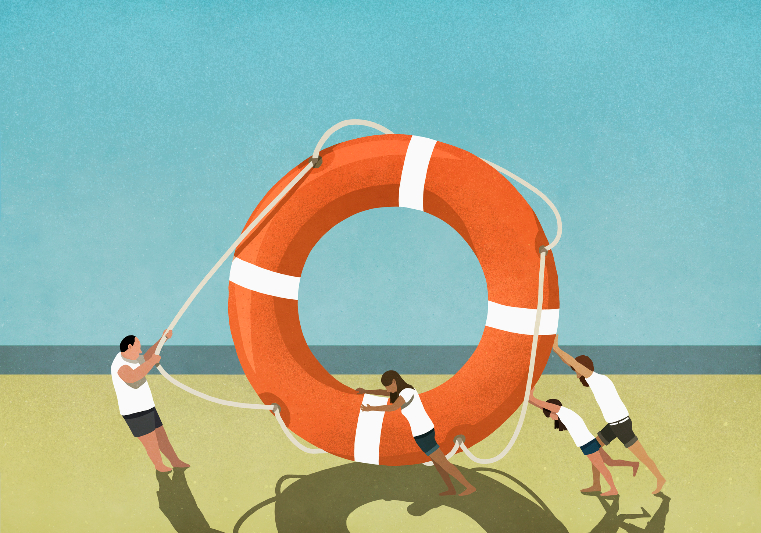
AUSTRALIA
- Greg Craven
- 25 January 2022
53 Comments
One reasonably could ask whether this is the moment to write a book about the potential of Catholic Social Theory to contribute to Australian politics and policy. After all, the Church is still struggling to come to terms with decades of child abuse, hardly a recommendation for social potential. We currently also are attempting to make sense of a Plenary that is both confused and confusing.
READ MORE 
-
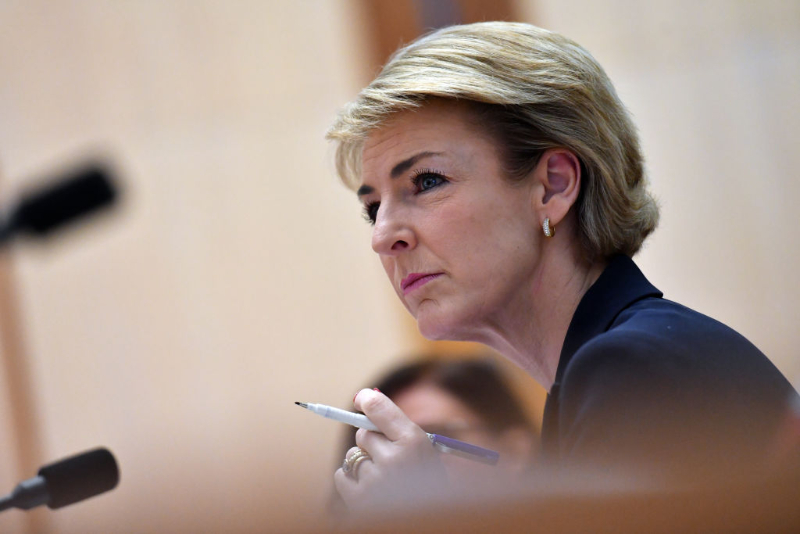
AUSTRALIA
- Frank Brennan
- 11 January 2022
2 Comments
It’s four years since the Australian Parliament amended the Marriage Act 1961 to provide that marriage means ‘the union of two people to the exclusion of all others’. The legislation followed the plebiscite on same sex marriage. To address the concerns of some religious groups, Prime Minister Malcolm Turnbull set up an expert panel chaired by long time Liberal Party minister Philip Ruddock to report on whether Australian law adequately protected the human right to freedom of religion.
READ MORE
-
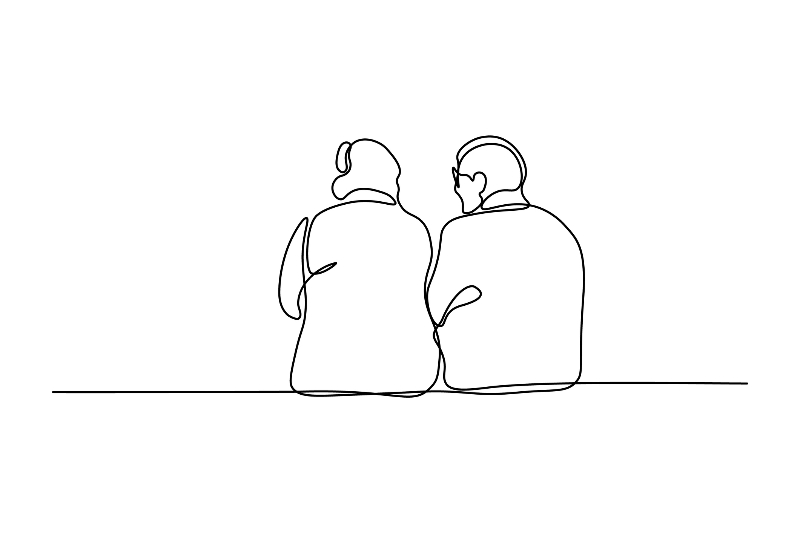
RELIGION
- Michael McGirr
- 11 January 2022
5 Comments
I must have time on my hands. I have been thinking about the difference between atheists and God cancellers. I love my atheist friends, of whom I am blessed with many. I relish the existential grist of our talks, the deep sense of substance and mutual respect. I also love the constant jokes. We keep each other honest. I enjoy a rich engagement with the history of thought and I believe we ennoble each other through the kind of trust that is prepared to talk about things that are off limits to others.
READ MORE